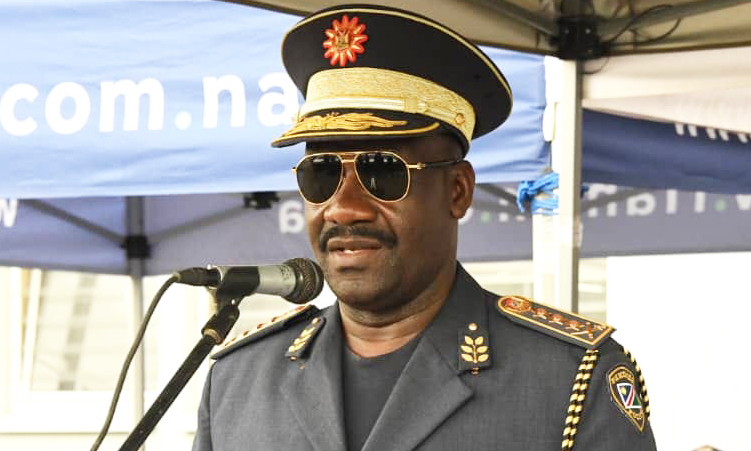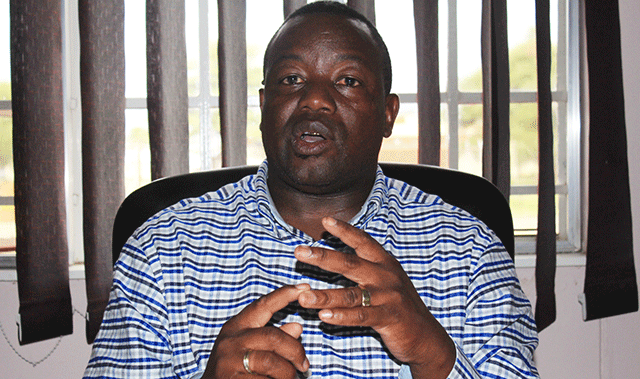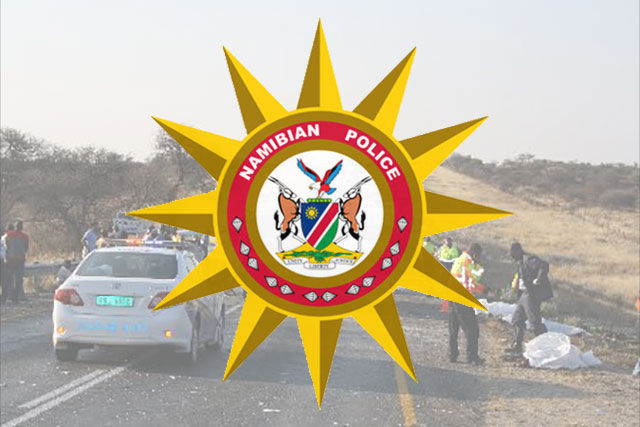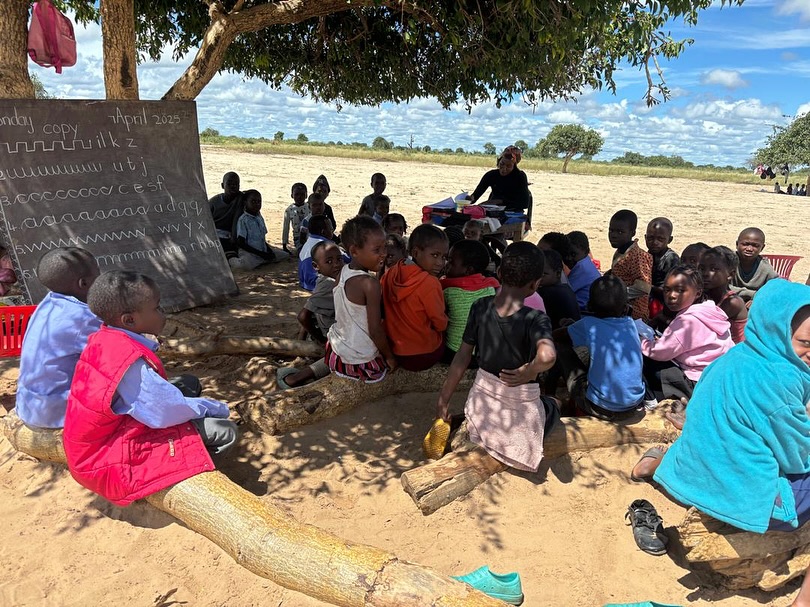The inspector general of the Namibian Police, Joseph Shikongo, has expressed concern about the trend of Namibians being arrested in foreign countries, often carrying narcotics.
He says there has also been an increase in the number of Namibians who have been intercepted at Hosea Kutako International Airport with illegal substances.
“It’s a concern to Namibia and law enforcement. It’s not a good picture for our country for our younger people to be used by drug lords,” Shikongo says.
This follows a case involving a Namibian woman who was arrested at Bole International Airport in Addis Ababa on 2 January, suspected of cocaine smuggling.
She cannot be identified before she appears in court.
The woman was travelling on an Ethiopian Airlines flight from Sao Paulo, Brazil, to Lusaka, Zambia.
According to a police report, Ethiopian authorities discovered a suitcase in the suspect’s possession containing approximately 4,70kg of a substance resembling cocaine.
She was arrested and transferred to the country’s criminal investigations department for further investigation.
Penda Naanda, the executive director of international relations and cooperation, has confirmed the arrest and that the suspect remains detained in Ethiopia.
Naanda said officials from the Namibian embassy in Ethiopia and the African Union (AU) are in contact with the suspect.
He could, however, not confirm whether the suspect has been formally charged or appeared in court.
Namibian ambassador to Ethiopia Emilia Mukusa has not responded to questions sent to her by the time of going to print.
Last year, another Namibian woman, who was travelling from Namibia, was arrested at Hong Kong International Airport, China, with 2kg of cocaine valued at HK$2,2 million (about N$5,3 million).
The suspect was reported to have arrived in Hong Kong from Windhoek, with connecting flights through Addis Ababa, Ethiopia, and Dubai, United Arab Emirates.
Namibian’s ambassador to China, Elia Kaiyamo, says investigations into the matter are ongoing.
Shikongo has stressed the need for collective action to deter involvement in criminal activities, particularly among young people.
He says young people are often coerced or enticed by promises of financial gain by international drug lords.
“In many cases, suspects are not willing to come out and tell us exactly who these people are. Sometimes they tell us the person is not in Namibia, the person is in India or Brazil, and they are just told to go collect the parcels,” he says.
To combat transnational drug trafficking activities, Shikongo has outlined a multifaceted approach that includes not only public awareness campaigns directed at the youth, but also the implementation of mechanisms to identify and intercept drug traffickers.
He says cooperation with international law-enforcement agencies is a crucial aspect of the police’s strategy to combat evolving criminal networks.
Stay informed with The Namibian – your source for credible journalism. Get in-depth reporting and opinions for
only N$85 a month. Invest in journalism, invest in democracy –
Subscribe Now!










